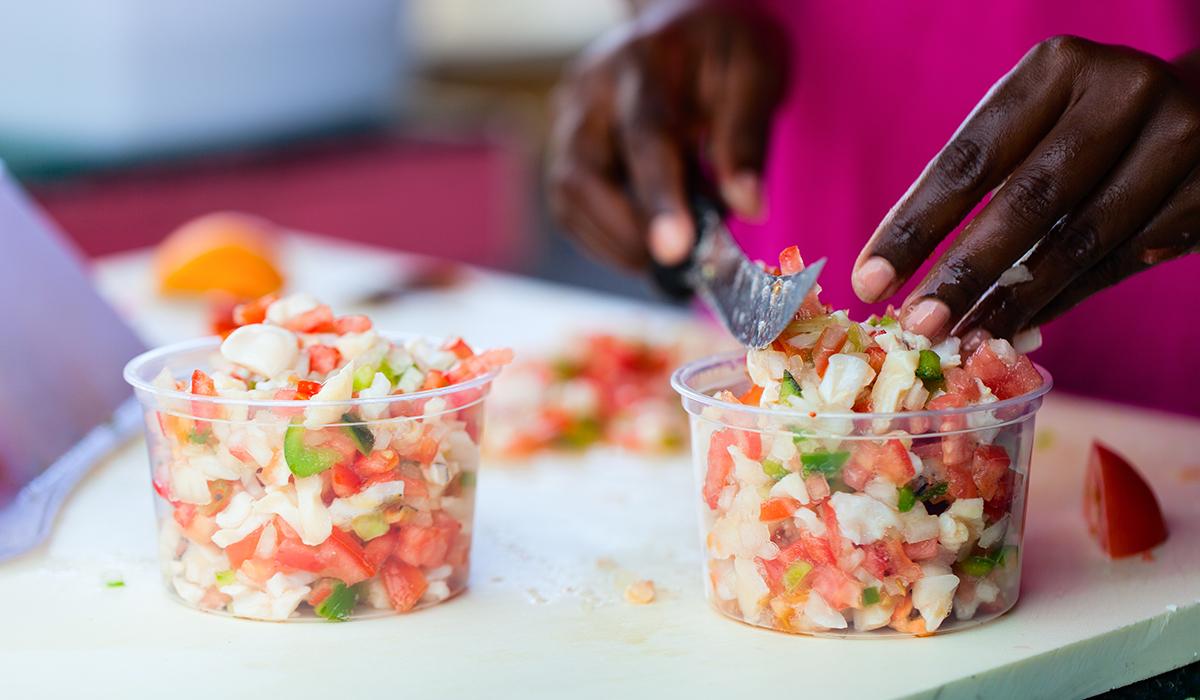St. Kitts’ latest campaign invites travellers “to explore, to learn, and immerse themselves fully in a new experience,” encouraging them to “peel back” the layers and discover something new. In other words: “Venture Deeper”.
As a regional concern, Caribbean tourism can benefit great from adopting a similar mindset. The time is ripe not only to look at building greater resilience into the visitor industry, but also to reorient at least a part of our focus on developing and offering an abundance of fresh, uniquely Caribbean experiences.
Because the sector’s performance has been so strong and commendable coming out of the COVID-19 pandemic, it can be tempting to adopt an “if it ain’t broke, don’t fix it” mentality and slip into past practices of “business as usual”.
While the Caribbean is still the world’s most desirable warm weather destination there is a lot of competition out there, and it’s fiercer than ever, as evidenced by the pockets of softer summer outlook some tourism stakeholders are reporting. Sun, sand and sea have drawn people to our shores for decades, but indications are that today's travellers want more.
Being closeted in their homes during the pandemic led many people to reexamine and reset their values. They are no longer content with traditional travel experiences. Instead, they are seeking meaningful, exciting and unique connections with nature and the communities they visit. They know it will cost more and may require longer stays but they are willing to spend their resources to have authentic interactions and a deeper immersion in local cultures, where they can enjoy activities that have meaning to the people they meet in their travels.
Clearly, destinations need to ensure that hotels, resorts and other elements of the tourism infrastructure are modern, attractive and welcoming, but it’s also important to realize that for an increasing number of travellers, “living like a local” is more valuable and sought after than spending endless days lounging poolside.
So perhaps we should start incorporating more ways for visitors to go beyond the customary offerings, and to provide access to memorable experiences travellers would not find anywhere else. These offerings must also be scrupulously sustainable, which requires that all stakeholders — private, public and non-profit — identify the attractions and attributes of the destination, including its distinct gastronomic options, that are not only fascinating but also of proven value to the environment, locals and their communities.
Such a commitment and approach to tourism development would result not only in incredible experiences for our visitors, but also enhanced revenues as visitor satisfaction increases. In fact, a thriving food and beverage sector, combined with cultural activities, should ultimately comprise a significant share of the visitor’s spend, thereby reducing tourism leakages.
Deepening our offerings to visitors should be done as soon as possible, allowing them to partake of experiences found far beyond the typical tourist horizons.












